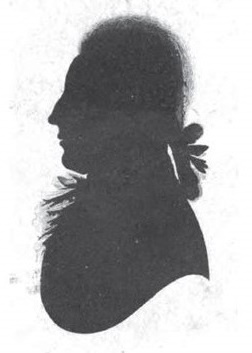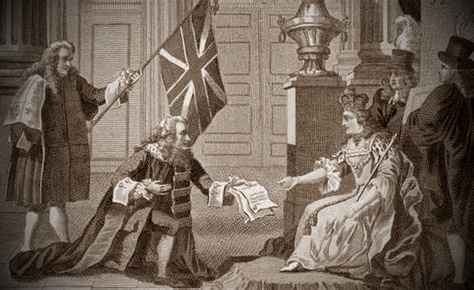Thomas Muir got penal servitude for merely asking a question

Robert Burns trod a fine line between freedom and liberty. This was the very subject of many of his works but he lived at a time where freedom of speech could get you into a lot of bother. The lawyer and free thinker Thomas Muir got sent into penal servitude in Australia by the infamous Robert Dundas for merely asking a question. Perhaps Burns got away with it because he wasn’t really taken seriously by the authorities as a political threat. After all he was just a poet who had a passion about women, drink and scribbling down verses. Who could take someone like that seriously ? However, if he had caught the eye of the long arm of London he would have been the first to know. He was such a skilful writer that he could, in the best traditions of Jacobitism, say something that actually meant something else.

He was also a skilled chameleon with good instinct on knowing how far he could push the boundaries. For all his Presbyterian judged faults, he was charming, cleaver and friendly. Just before he died he said “if I’m going to write anything, let it be sedition” for he knew he was almost beyond the oppressor’s grasp. This statement tells us that, but for the voice of self preservation inside his head, his writings would have been perhaps, mostly sedition.
Scots wha hae is a very provocative song. A free and sovereign Scotland…? You just couldn’t go around saying these things back then but Burns got away with it. Well it wasn’t exactly like that. At the end of August 1793 he sent the song to his publisher George Thomson.

Burns was passionate about Scottish independence
Burns was passionate about Scottish independence but not at any cost. He couldn’t resist this song though. No love was lost between Burns and the Whigs who he largely blamed for the demise of the Stuart Monarchy and the murky Act of Union of 1707.
A fair chunk of money changed hands

According to Burns, a fair chunk of money changed hands in exchange for Scotland pledging it’s allegiance to the up and coming British Empire in the best traditions of spivery and racketeering.
Did it matter…………..? It mattered to Burns ! Why………? Because Burns just happened to be part of the Scottish Renaissance in thinking and creating and being Scottish. By 1759, when Robert Burns was born Scotland was in the process of being subsumed by Great Britain.
